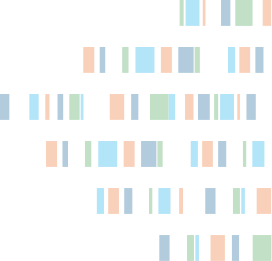In climates with seasonally limited precipitation, terrestrial animals congregate at high densities at scarce water sources. We hypothesize that viruses can exploit the recurrence of these diverse animal congregations to spread. In this paper, we test the central prediction of this hypothesis — that viruses employing this transmission strategy remain stable and infectious in water. Equid herpesviruses (EHVs) were chosen as a model as they have been shown to remain stable and infectious in water for weeks under laboratory conditions. Using fecal data from wild equids from a previous study, we establish that EHVs are shed more frequently by their hosts during the dry season, increasing the probability of water source contamination with EHV. We document the presence of several strains of EHVs present in high genome copy number from the surface water and sediments of waterholes sampled across a variety of mammalian assemblages, locations, temperatures and pH. Phylogenetic analysis reveals that the different EHV strains found exhibit little divergence despite representing ancient lineages. We employed molecular approaches to show that EHVs shed remain stable in waterholes with detection decreasing with increasing temperature in sediments. Infectivity experiments using cell culture reveals that EHVs remain infectious in water derived from waterholes. The results are supportive of water as an abiotic viral vector for EHV.

Home » Seasonal host and ecological drivers may promote restricted water as a viral vector
Publications
Seasonal host and ecological drivers may promote restricted water as a viral vector
myBaits
Daicel Arbor Biosciences
5840 Interface Dr. Suite 101,
Ann Arbor, MI 48103
1.734.998.0751Ann Arbor, MI 48103
©2024 Biodiscovery LLC
(d/b/a Daicel Arbor Biosciences)
All Rights Reserved.
(d/b/a Daicel Arbor Biosciences)
All Rights Reserved.
Design and development by Raincastle Communications.
